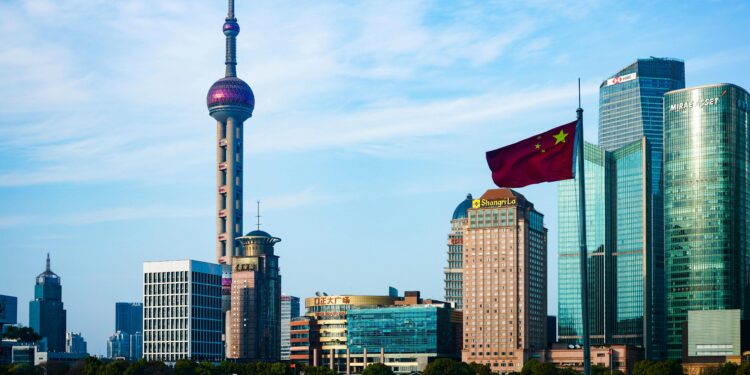Beijing pledges fiscal and monetary support to stabilize growth and boost domestic consumption
China’s leadership has outlined a cautious yet proactive approach to managing the nation’s economy in 2025, signaling measures to address domestic and international challenges while maintaining growth stability. Following a high-level policy meeting led by President Xi Jinping, the Communist Party’s Politburo announced commitments to “more proactive” fiscal policies and “moderately” looser monetary measures next year. The goal: to bolster domestic consumption and counter ongoing economic headwinds.
The meeting sets the stage for the annual Central Economic Work Conference, expected to take place on December 11 and 12, where officials will review this year’s economic performance and finalize policy priorities for 2025. Specifics, including GDP growth targets, will be officially unveiled in March during China’s parliamentary session.
Growth Goals Amid Uncertainty
Beijing is widely expected to maintain a GDP growth target of “around 5%” for 2025, mirroring the current year’s goal, though analysts believe it could be slightly lower given persistent economic challenges. Chinese state media reported late Monday that President Xi emphasized “full preparation” to meet these targets despite uncertainties. “We must affirm confidence and actively build an external environment favorable to us,” Xi said during a symposium earlier this week.
While China’s economy is on track to achieve its 2024 growth target, it continues to grapple with significant hurdles, including a prolonged property market slump, weak consumer spending, and potential escalation in trade tensions with the U.S. under the upcoming administration of President-elect Donald Trump.
November data reflected subdued economic momentum, with annual consumer inflation dropping to a five-month low of 0.2%, according to the National Bureau of Statistics. This indicates tepid demand recovery despite ongoing policy support.
Market Reactions and Policy Implications
The Politburo’s announcement had an immediate impact on financial markets. Hong Kong’s Hang Seng Index rebounded, surging 2.8%, while the offshore yuan modestly strengthened to 7.2776 against the U.S. dollar. Meanwhile, the iShares FTSE China A50 exchange-traded futures jumped over 3%. However, China’s benchmark 10-year bond yields fell to a record low of 1.935%, highlighting lingering investor caution.
The administration’s focus on stabilizing property and stock markets is a critical pillar of its broader economic strategy. The Politburo emphasized “unconventional counter-cyclical” adjustments to address economic fluctuations, underscoring the need to mitigate risks in the housing sector and bolster investor confidence.
Fiscal and Monetary Adjustments
China’s leaders aim to implement “more proactive” fiscal policies, which could include increased infrastructure investment and support for local governments to address funding gaps. On the monetary front, policymakers hinted at “moderately” loosening credit conditions to stimulate borrowing and investment, though they remain wary of triggering financial imbalances.
These measures are expected to complement ongoing efforts to expand domestic consumption. Encouraging household spending is seen as a key driver for achieving sustainable growth amid weakening external demand and global economic uncertainties.
Looking Ahead to 2025
The Central Economic Work Conference will provide further clarity on China’s economic trajectory for 2025, setting the tone for the nation’s fiscal and monetary priorities. Local governments, in turn, will use these guidelines to draft their budgets and growth targets, which are typically aligned with the central administration’s objectives.
Despite challenges, the leadership’s commitment to policy adjustments reflects confidence in navigating an increasingly complex global landscape. By focusing on stabilizing core economic sectors and fostering domestic demand, Beijing aims to sustain steady growth while laying the groundwork for long-term resilience.
As China continues to adapt its policies, global investors will closely monitor developments for signals about the world’s second-largest economy. The outcomes of this week’s conference and subsequent announcements will shape market sentiment and inform international strategies in the year ahead.
You might like this article:Lululemon Outpaces Expectations but Faces Rising Competition











